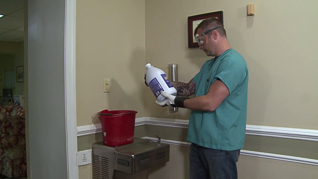Hazard Recognition In Healthcare Environments For Office And Facilities Personnel
- Product ID
- marchre1ho_vod
- Training Time ?
- 21 to 31 minutes
- Language(s)
- English
- Video Format
- High Definition
- Required Plugins
- None
- Number of Lessons
- 7
- Quiz Questions
- 10
- Closed Captioning
- Question Feedback
- Wrong Answer Remediation
- Lesson Bookmarking
- Downloadable Resources
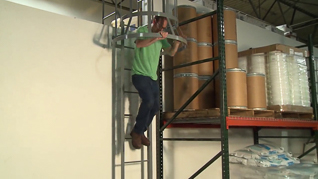
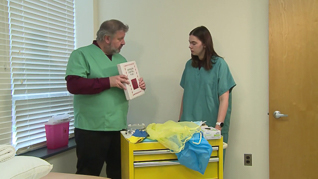
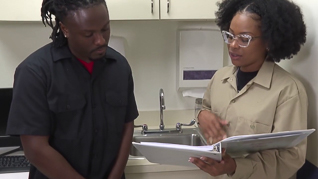
According to OSHA, workplace accidents account for more than 5,000 deaths and 3 million injuries and illnesses each year. Although employees can’t prevent every incident or foresee every type of potential hazard, when they learn to look for and recognize hazards before starting an activity, workplace safety dramatically improves.
Emphasizing how the hazard recognition process reduces accidents and injuries in the healthcare workplace, this course spotlights the procedures of hazard recognition for identifying and controlling workplace hazards. Upon completing the five lessons in this course (The Need for Hazard Recognition; Hazardous Conditions and Unsafe Acts; Identifying Hazards in Advance; “Real Time“ Hazard Recognition; Investigating Accidents and Near Misses) office and facilities personnel learn how they can make the workplace safer by finding hazards and removing them or reducing their risk.
Present this course so all healthcare office and facilities personnel know how to identify and control or eliminate workplace hazards to reduce workplace accidents, injuries, and fatalities.
![]() This course is in the Video On Demand format, to read about Video On Demand features click here.
This course is in the Video On Demand format, to read about Video On Demand features click here.
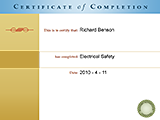
- Install on any SCORM LMS
- Full-screen video presentation
- Print certificate and wallet card
- You have 30 days to complete the course
Office and Facilities personnel throughout the healthcare environment facility
- Introduction
- The Need For Hazard Recognition
- Hazardous Conditions And Unsafe Acts
- Identifying Hazards In Advance
- “Real Time” Hazard Recognition
- Investigating Accidents And Near Misses
- Conclusion
© Mastery Technologies, Inc.

